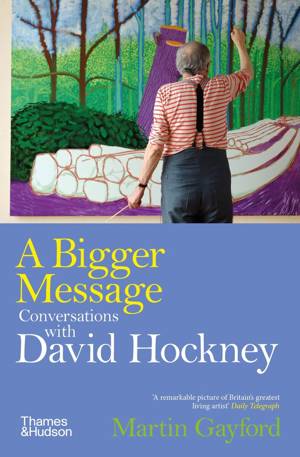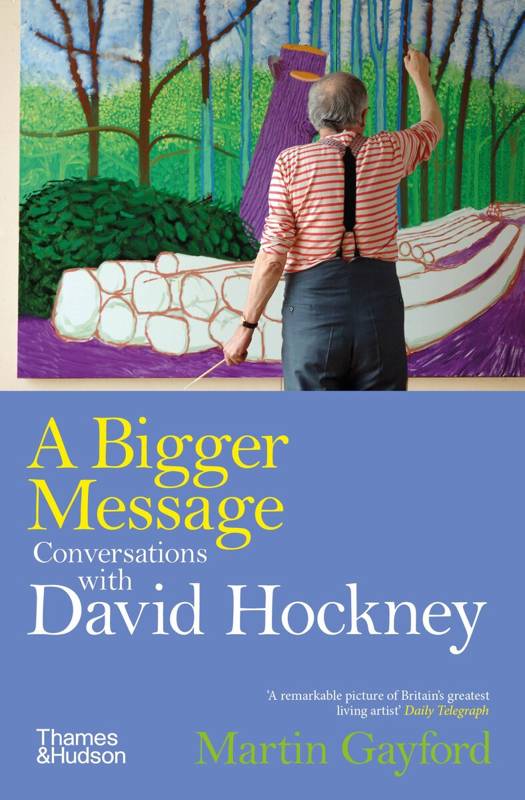
- Retrait gratuit dans votre magasin Club
- 7.000.000 titres dans notre catalogue
- Payer en toute sécurité
- Toujours un magasin près de chez vous
- Retrait gratuit dans votre magasin Club
- 7.000.0000 titres dans notre catalogue
- Payer en toute sécurité
- Toujours un magasin près de chez vous
Description
David Hockney is possibly the world's most popular living painter, but he is also something else: an incisive and original thinker on art.
This now classic book details the fruits of his lifelong meditations on the problems and paradoxes of representing a three-dimensional world on a flat surface. How does drawing make one "see things clearer, and clearer, and clearer still," as Hockney suggests? What significance do different media--from a Lascaux cave wall to an iPad--have for the way we see? What is the relationship between the images we make and the reality around us? How have changes in technology affected the way artists depict the world?
The conversations in this volume with writer and art critic Martin Gayford are punctuated by wise and witty observations from both parties on numerous other artists--Van Gogh or Vermeer, Caravaggio, Monet, Picasso--and enlivened by shrewd insights into the contrasting social and physical landscapes of California, where Hockney lived for many years, and Yorkshire, his birthplace. Some of the people he has encountered along the way--from Henri Cartier-Bresson to Billy Wilder--also make entertaining appearances in the dialogue.
Spécifications
Parties prenantes
- Auteur(s) :
- Editeur:
Contenu
- Nombre de pages :
- 304
- Langue:
- Anglais
Caractéristiques
- EAN:
- 9780500298350
- Date de parution :
- 13-05-25
- Format:
- Livre broché
- Format numérique:
- Trade paperback (VS)
- Dimensions :
- 132 mm x 198 mm
- Poids :
- 526 g

Les avis
Nous publions uniquement les avis qui respectent les conditions requises. Consultez nos conditions pour les avis.






